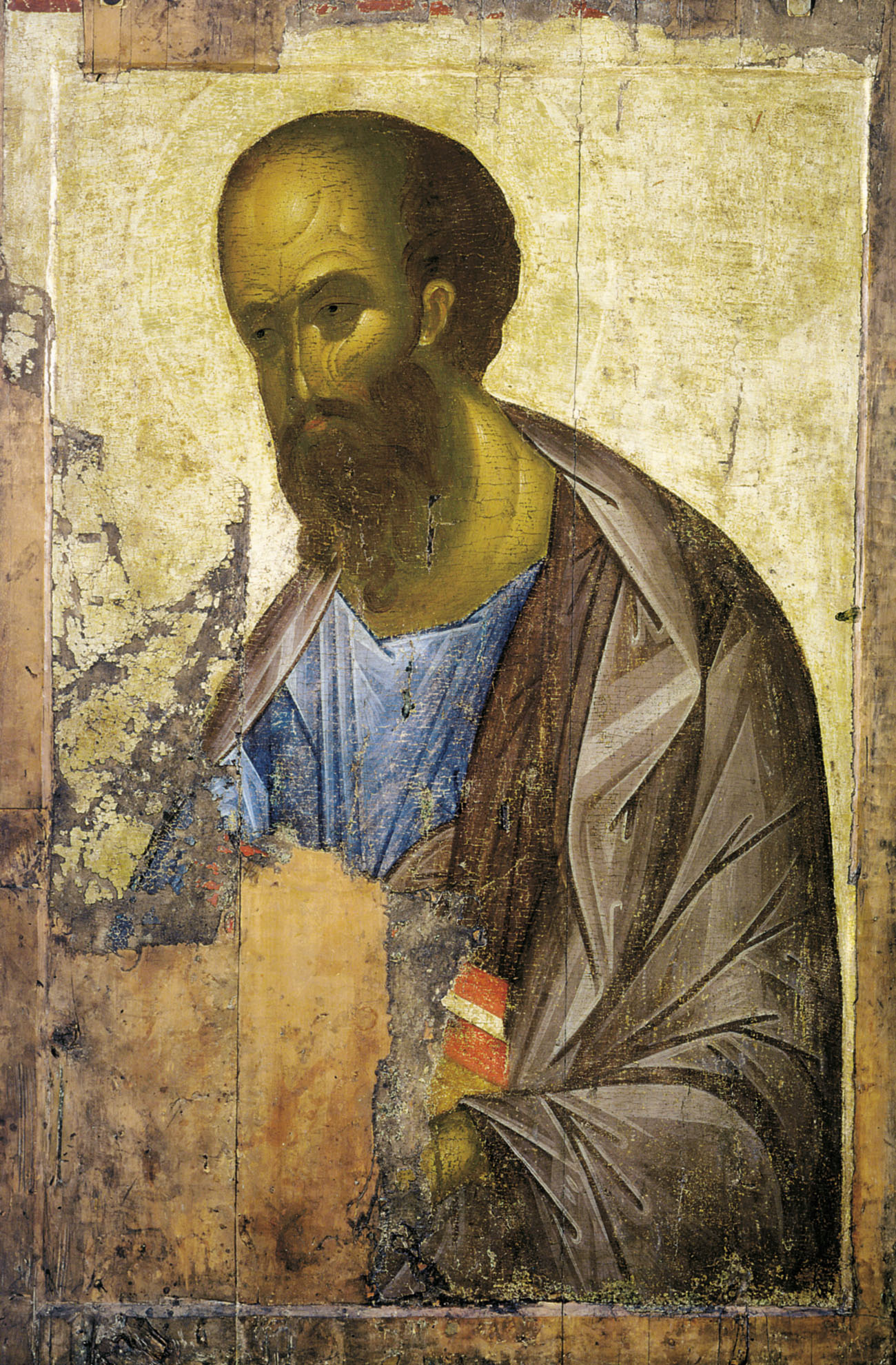Augustine Sokolovski, Doctor of Theology, Priest
March 14 is celebrated in Russia as the Day of the Orthodox Book. This holiday is relatively new. It was established on the initiative of the Russian Orthodox Church in 2009. The date of the celebration was not chosen at random. It concerns the fact that on this very day in 1564 the first precisely dated printed book was published in Moscow. It is not difficult to guess that this was the liturgical Epistles of Ivan Fedorov.
Historically, this date is not without some ambiguity. It is known that after having published the book Fedorov was soon forced to leave Russia. The printer found refuge with the Polish King Sigismund II and was then again forced to move to Lviv, where he published The Apostle for the second time in 1574. It is interesting to compare the afterword he printed himself for these two editions. If the first is solemn and describes the publication as a celebration, the second describes – among other things – the story of his wanderings and sufferings. The purpose of the celebration of the Day of the Orthodox Book is to overcome this deep-rooted ambivalence.
Books are a great gift from above; they are the most important element of history and culture and a great factor of the Orthodox mission. The decision to celebrate the Day of the Orthodox Book was taken based on these principles. In the light of this, it will be interesting to consider the role of the text in the history of Orthodox Christianity.

The teaching of the Church is built on the Bible, on the text of both Testaments. Scripture is divinely inspired. It represents the norma normans of every Church teaching. According to Christian understanding, however, its authenticity corresponds as well to certain historical epochs, and reflects the mentality and worldview of its authors. Therefore it requires critical analysis and constant scientific and spiritual interpretation. In this sense, Scripture is not completely identical to Revelation, but it is a part of it. It is a paradox of early Christian history that what became the Gospel and the Epistles were originally transmitted orally and not written down. Jesus Christ did not write anything, nor did most of the apostles leave anything in writing. It is in this duality between the oral and the written that one of the most important features of Christianity emerges.
The next generation after the immediate disciples of Christ is called the Apostolic Fathers: Barnabas, Clement of Rome, Hermas, Ignatius of Antioch and Polycarp of Smyrna. They all lived and wrote at the turn of the first and second centuries.
The fact that their writings contain many passages from the New Testament was quite difficult to understand for researchers. They are quoted close to the extant texts, but almost never match the original exactly. The explanation has only recently emerged. For centuries, the prevailing view was that the New Testament writings began shortly after Christ’s Ascension. For example, Matthew was believed to have written his Gospel only eight years after the event. At the same time, it was believed that the Gospels were the work of individual authors. Now we know that they were written gradually, step by step. The Scriptures are the perennial work of the apostolic communities, the churches who worked around the Evangelists. In them, every word was verified by the inspiration of God’s Spirit.
Therefore, the Holy Scriptures are historical and contain the Word of God within. Very astonishing is how much the early Christian community itself could be the living Scripture and Tradition. It is also amazing how much more developed church life and theology already were. The volume of oral teaching, the transmission capacity and the depth of theological knowledge that the churches had at the time of the Apostolic Fathers are remarkable.
Thus, this dialectic of the text and its absence was originally inherent in Orthodox Christianity. In a way, it also illustrates the paradox that despite the time lag between the beginning of printing in Western Europe in 1445 and the publication of the first book in Moscow, it cannot, therefore, be said that Russia was uneducated. Russian culture was both in oral and manuscript form. Symbolically, it is also interesting that in the history of Christianity, the first Epistles of the Apostle Paul were at first called “the New Testament” as a written text. In turn, the first printed book in Russia was the liturgical Epistles. Anyway, the thesis of the famous Russian writer Nikolai Leskov (1831–1895) that “Russia was baptised but not enlightened” finds itself in need of revision.




